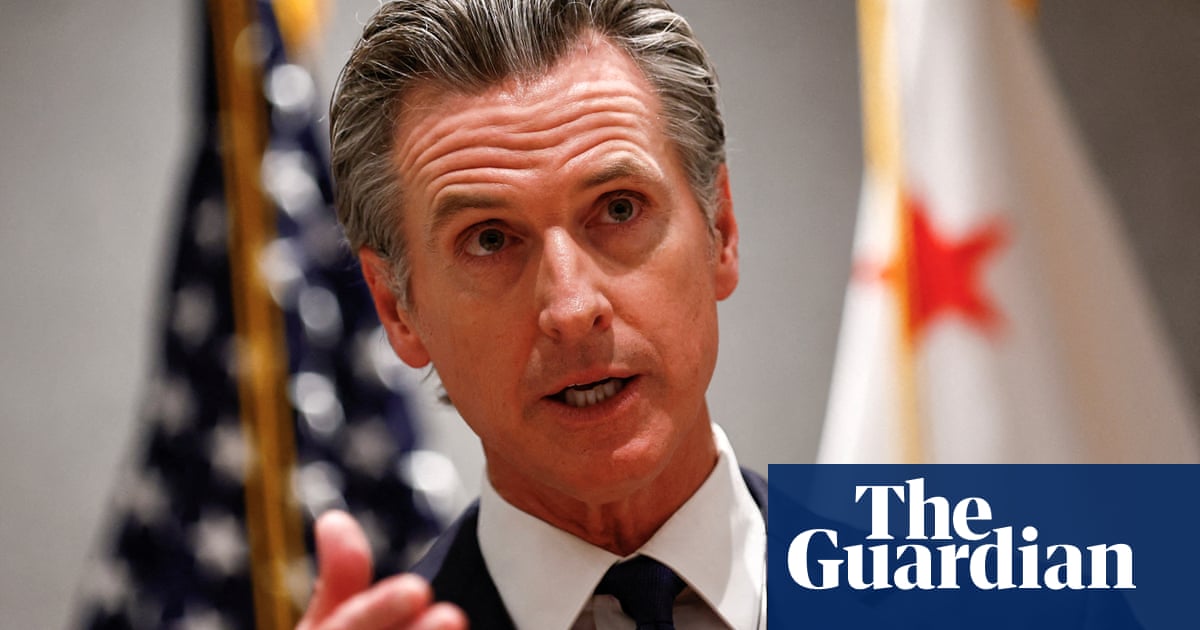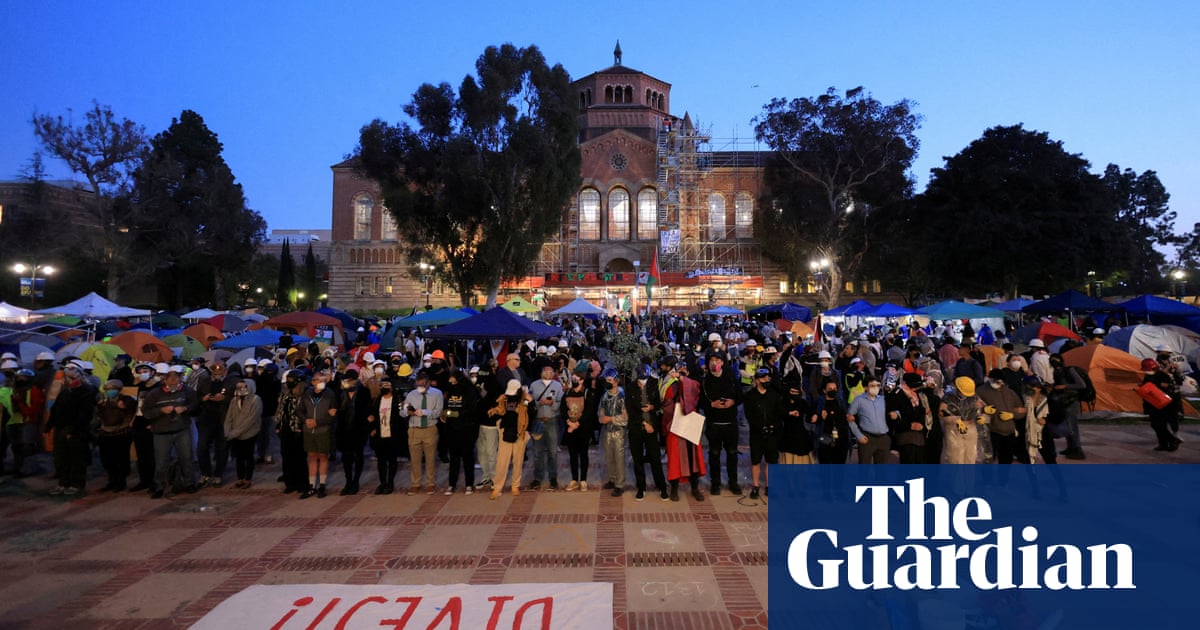The day that wokeness died. That has been one of the primary analyses of Donald Trump’s resounding election victory: that it was a resounding rejection of the “woke” left and the casting off of the shackles of political correctness. According to sections of the media and political establishment, people are tired of being harangued and scolded for not using the right language, annoyed by a constant focus on race and identity, and alarmed by a new orthodoxy of radical politics eager to please individual groups at the expense of common sense. “The era,” summarised one British journalist, “of Black Lives Matter, Latinx, critical race theory, pronouns and defunding the police is over.” It’s a neat conclusion – it’s hard not to see this result as a rejection of something. But was that something “woke” values in particular?
As a starting point, it is worth looking at Kamala Harris’s campaign rather than the assumptions about it. In reality, she seemed to avoid any focus on identity and “wokeness”. She didn’t make much of her race, or even her gender, choosing instead to ground her identity in her background as a middle-class person raised in a rental household by a hardworking mother. Her position on race softened from when she was running in 2019: she previously backed “some form” of reparations but did not stake out a position as part of her bid. Trump wanted Harris “to say something to turn off white voters. She was wise not to take the bait,” wrote the author Keith Boykin. She was hardline on immigration, keen to show that she is a gun owner (memorably telling Oprah Winfrey: “If someone breaks into my house they’re getting shot”). And she was evasive on gender-affirming care for transgender Americans.
And so this narrative of succumbing to “Big Woke”, according to the American journalist Jack Mirkinson, “bears virtually no resemblance to the actual campaign we all just suffered through”. Woke talking points were a key part not of Harris’s campaign but of Trump’s – he said that Harris suddenly “became a Black person” to capitalise on her race, and his campaign spent millions on ads about transgender rights. Welcome to the culture war – where only the right is really fighting, and the other side is helping it out by punching itself in the face.
So why are progressives so keen to take on this narrative, one that has even now migrated to the UK, where the US election result is seen as a cautionary tale? One reason is that it offers a simple culprit – and a mistake easy to avoid next time. It’s far more straightforward to blame an abstract “wokeness” than to reckon with the fact that Harris ran a broadly right-of-centre campaign and still lost. It also conjures up a convenient voter, one who is more offended by language than by the promise of mass deportations. That then makes these voters retrievable rather than subject to big shifts, both of class dealignment and the transformation of parties formerly supported by the working classes into ones that attract higher-income voters.
It’s also a big tell. The readiness to repudiate all forms of identity politics and group them under the “bad woke” umbrella is less about policy than about perception – social justice is seen as somehow tainting the liberal cause because, well, social justice is the stuff of scruffy radical activism, not upper-class power. Some of this is a broader backlash to a near-decade of breakthrough movements such as #MeToo and Black Lives Matter. But it also shows how these never really found a home in the Democratic party in a meaningful way and are seen only as a way to appeal to certain voting blocs. When those voters don’t show up, this is seen as the fault of identity politics itself rather than the fact that it is pursued in ways that are shallow and entirely divorced from voters’ lives.
There is an irony to all this. Because central to the lack of appeal of identity politics is its “elite capture” by exactly the sort of people who are now distancing themselves from it. Black Lives Matter is a case study. “Allyship” and “doing the work”, buzzwords of the early 2020s, produced a frankly mortifying era in which white liberal politicians took the knee and this symbolic act took up an unbelievable amount of space in public discourse from sports to the media. “Doing the work” focused on interpersonal dynamics of racism rather than on structural ones. Diversity became about the visibility of people of colour and “firsts” separate from – and I apologise for this now fatally unfashionable synopsis – the broader systemic impact of this on poverty, poor public housing, unequal policing and access to health care. (Not that visibility and institutional reform are necessarily in competition, but only one pays dividends to white people.) Anything more gnarly, and crucially anything that engaged with demands and needs as expressed by Black activists who had been doing their own “work” for years, was roundly rejected. Discussions on policing became reduced to scoffing at the unrealistic ask of “defunding the police” rather than what that demand actually entailed, which, as even a cursory glance shows, is not to abolish policing but invest in preventive measures at the community level.
Even then, I am not sure that this diluted vision has turned off voters to such an extent that it would drive them into the arms of Trump. But it does act as a reflection of a superficial and flaccid approach that has no edge or universal vision. This is particularly dangerous when there is no vividly defined unified and unifying policy for change, rendering a rightwing version of wokeness sharper and more compelling. In Mistaken Identity: Race and Class in the Age of Trump, the academic Asad Haider identifies the power of this missing universalism, one that is “created and recreated in the act of insurgency” against a system in which there are interlocking oppressions but only one common enemy. The power of identity politics doesn’t lie in balkanisation – in carving up society into special interest groups in conflict with one other – but in precisely what its contemporary adoption seeks to prevent: the recognition that the common enemy is the way in which society itself is designed.
In short, the universal problem facing people of all identities in the US and the UK is hostility to those who lack capital in all it forms. To greater and lesser extents, our economies are based around social mobility rather than the ability to live in dignity without it, while ever-higher barriers to prosperity are erected and our public infrastructure is inadequate at almost every level. All the while, aggressive rightwing culture-war messaging is capitulated to because, to borrow from Yeats, liberals lack “all conviction, while the worst/ Are full of passionate intensity”.
It’s a useful diversion to pretend, and even believe, that dropping the use of Latinx, ditching pronouns or casting fewer Black people in Jaguar ads is the way forward. Yet these are no more than crises of confidence broadly confined to the same class of people who imagine they are relevant to millions outside it. The far more uncomfortable reality, one that demands we raise our game, is that elites created “wokeness” in their own image and have now created a fictional reality in which this patrician class fought valiantly for it and it failed because it’s clearly just not what the people want.
But out in the real world, what the people want was never respected or advocated for with any leadership, consistency and conviction. The fight never started.
-
Nesrine Malik is a Guardian columnist

.png) 3 months ago
48
3 months ago
48













































